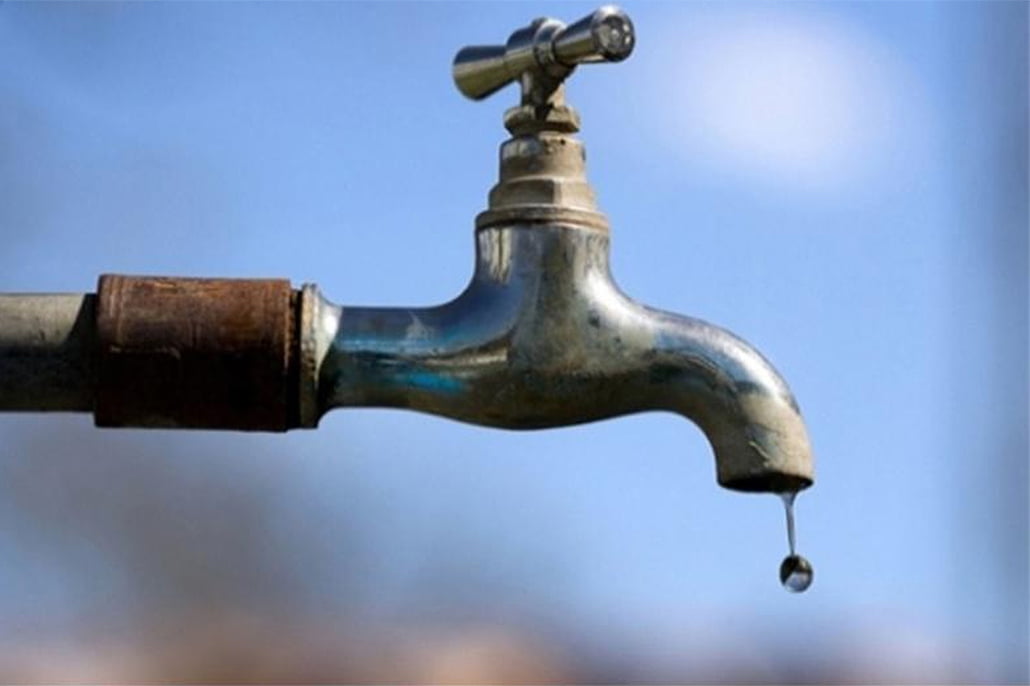According to The Barbados-based Caribbean Institute for Meteorology and Hydrology (CIMH), weak El Niño conditions are forecasted to persist, chances of drought continuation and recurrent dry spells during this transition period between the dry and wet season are increased.
El Niño, which is associated with a band of warm ocean water that develops in the central and east-central equatorial Pacific, is described as one of the most important weather-producing phenomena on earth.
In its latest publication of the Caribbean Climate Outlook, the CIMH said that for the period April to June this year, heat waves will start occurring locally into May. In its prediction for the period up to June, the CIMH said that severe, or worse drought has developed in Antigua, Aruba, Barbados, south Belize, Curaçao, north Guyana, parts of French Guiana, south Hispaniola and the Windward Islands — except Grenada — on the shorter term, and in southern Hispaniola and Tobago on the long term.
It said that in the short term, drought is evolving in the ABC Islands — Aruba, Bonaire and Curacao — Grenada and Suriname, while long-term drought is evolving in Antigua, Barbados, west-central Belize, Grenada, north-east Guyana, St Lucia, and Tobago.
Regarding wet days and wet spells in the Caribbean, up to June, CIMH notes flash flood and long-term flooding potential from very wet and extreme spells becoming a concern from late April onwards, in particular in the Guianas.
“Region-wide, extreme heat is unlikely. The frequency of wet days and wet spells should be initially low, but increase along these months. The chance for extreme wet spells tends to emerge in April or May, with some concern for flash flood and flooding potential arising then, in particular in the Guianas,” it added.
The CIMH said that for the period December 2018 to February this year, shorter-term drought developed across many parts of the Caribbean, while The Bahamas, Cayman and western parts of Cuba have been wetter than usual.
It said that long-term drought persisted in parts of Hispaniola and in Tobago, depleting water resources faster this dry season than usual and that surface dryness increases, as usual, along the dry season, with relatively few rain disruptions and limited recharge of large water reservoirs up until April or May due to the usual small number of wet spells during the dry season.
Click Here for More Ambergris Today News Online











